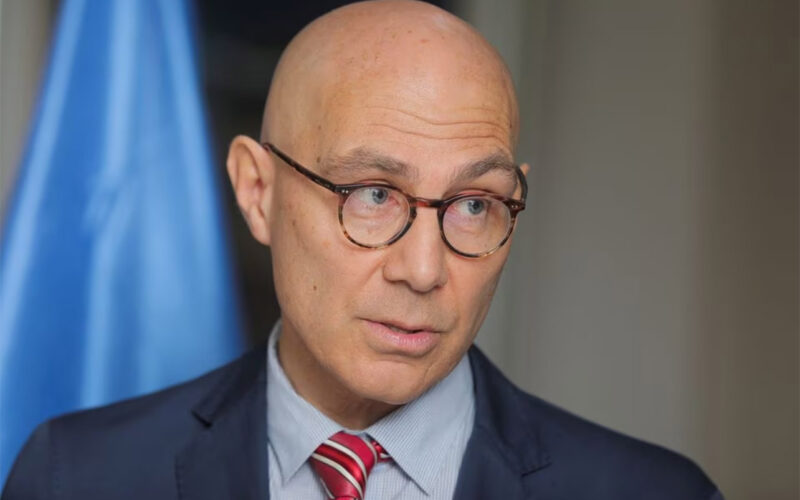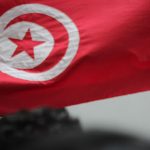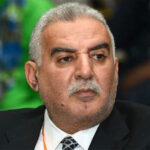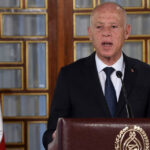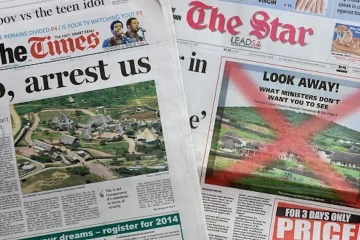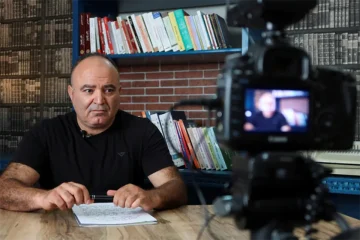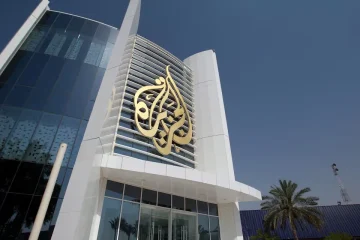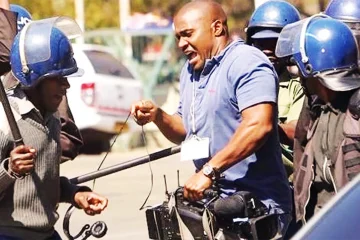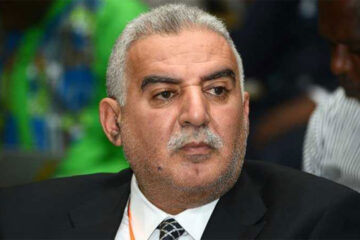UNITED Nations human rights chief Volker Turk called on Tunisia to stop restricting media freedoms and said it was criminalizing independent journalism since President Kais Saied seized wide powers in 2021.
Freedom of speech and media were key gains for Tunisians after the 2011 revolution that ousted autocratic President Zine El Abidine Ben Ali and triggered the Arab Spring protests.
But activists and journalists say freedom of speech faces a serious threat under Saied’s rule.
“The crackdown earlier this year against judges, politicians, labour leaders, businesspeople and civil society actors has now spread to target independent journalists, who are increasingly being harassed and stopped from doing their work,” Turk said in a statement.
Dozens of journalists and activists protested last month against restrictions of freedoms and trials targeting journalists and bloggers.
Turk said that since July 2021, the U.N. Human Rights Office in Tunisia has documented 21 cases of alleged human rights violations against journalists.
“I urge Tunisia to change course,” he said.
The main National Syndicate of Tunisian Journalists has said that freedoms had suffered a serious setback since 2011, with many bloggers and journalists facing trial because of opinions critical of the authorities.
It says state television has become a propaganda mouthpiece for Saeid and banned all his opponents from taking part in its programmess.
Saied rejects accusations that is targeting freedoms.

